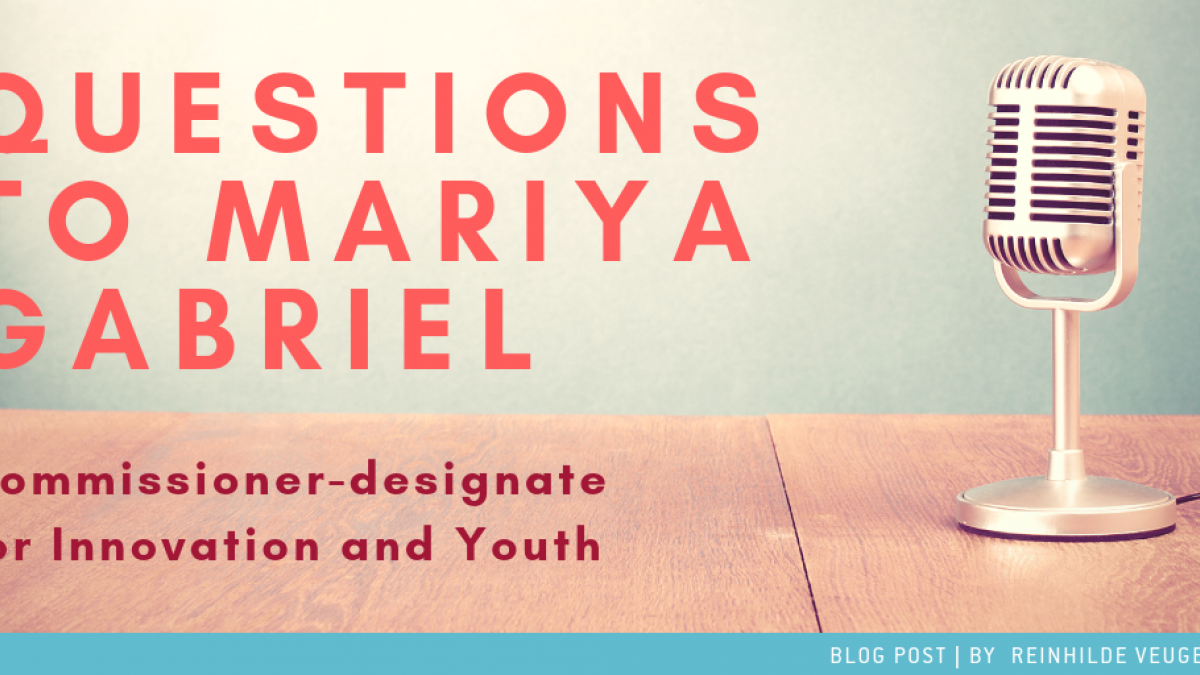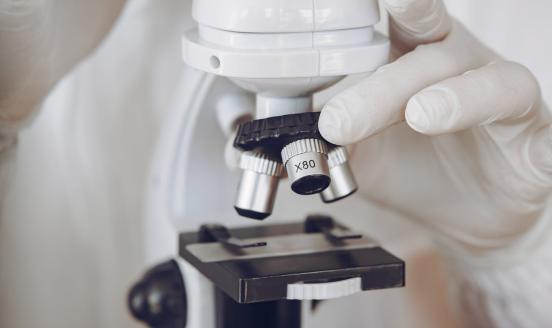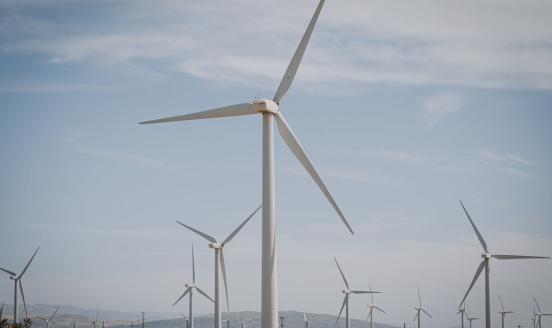Questions to Mariya Gabriel the Commissioner-designate for Innovation and Youth
European Commission President-elect Ursula von der Leyen disseminated her mission letters to commissioner-designates. The letter to the commissioner-d

A first eye-catcher is the labelling of this Commissioner’s portfolio: Commissioner for Innovation and Youth. Although Innovation is in the mission letter further specified as including education, research and innovation, the choice of selecting Innovation in the title, hopefully does not reflect a prioritizing of innovation over education and research. As argued in the memo to the Commissioner for Research & Innovation (which was the label used in the previous commission), Horizon Europe should ensure a good mix of support for upstream science, pre-commercial research and downstream innovation. It would be wrong to take support for frontier science and breakthrough research (and instruments in pillar 1, like the ERC and MSCA and the cooperation pillar 2), for granted, as these are also essential components to address the societal challenges that the Commission wants to address.
A first question to raise is therefore how the commissioner intends to balance science, research and innovation in her portfolio?
With the EIC, Horizon Europe takes a clear step forward towards supporting the breakthrough innovations the letter is looking for. But to make the EIC work will require more than the “sufficient investment flows” the letter is calling for. The value-added of the EIC comes from the certification value it creates for successful EIC applicants, as this will help them acquiring next rounds of finding. For this certification channel to work, the quality of the selection will be crucial, and hence the governance of the EIC instrument, see the memo for more on this.
A question to raise is how the commissioner intends to ensure the effectiveness of the EIC instrument to support breakthrough innovations?
Support for innovation requires more than access to finance. Supporting innovators to bring their ideas to market also require large open markets. This requires competition policy and the regulatory agenda to be innovation-friendly. In this respect it is reassuring to read that the Commissioner for Innovation & Youth is reporting to VP Vestager, who also holds the Competition Policy portfolio. It would be good for the Members of Parliament to ask about the commissioner’s plans to develop the treatment of innovation in competition policy cases together with VP Vestager. But for the single market/regulatory agenda, also interaction with commissioner Goulard will be important. This is a blank spot in the letter. A question to raise is how the commissioner intends to work with commissioner Goulard on having science, research and innovation as the motor of the EU’s industrial policy and single market agenda.
The letter rightly points at the Horizon Europe programme as the key instrument in this portfolio, calling for a swift agreement and full implementation. It is important to reiterate that this instrument cannot be taken for granted.
It would be reassuring to know what plans the Commissioner has in mind to counter any attempts to reduce the size of the current proposed budget.
The letter also calls for research priorities to go hand in hand with policy and economic priorities, “contributing to the new industrial strategy and making the most of the new thematic missions within Horizon Europe”. For addressing the commission’s digital priorities the link with VP Vestager will be very helpful. But surprisingly, for the climate change challenge, which figures high on the priorities of the commission, and has a dedicated VP, Timmermans, there is no direct link made between the research and innovation portfolio and this VP. It would be good for the Members of Parliament to see confirmed that science, research and innovation for climate change is considered a key component in the commission’s climate change strategy and its green industrial policy.
A question to raise is how the commissioner intends to work with VP Timmermans to develop a science, research and innovation-based green industrial policy.
The request in the letter to work on building a true European Research Area and a European Education Area is reassuring to read. While the mobility of learners is mentioned to progress on the European Education Area, it is equally important for the European Research Area to support the mobility of researchers. Yet it misses further guidance on how to reactivate this project. In the memo and the research excellence report, we provide suggestions to push forward a single market for research by supporting researcher mobility. More particularly, we called in the memo for an expansion of the MSCA fellowships for mobility within academia across countries, but also between academia and industry. Such revamping not only requires a bigger budget for MSCA, but also a change in governance of the instrument, and close coordination between DGRTD and DGEAC, which we identified in the memo as a potential bottleneck in the old configuration of portfolios. But as in the new portfolio allocation both DGs would resort under commissioner Gabriel, this coordination problem should be easier to address. Yet, it would still require a strategy from the Commissioner to have the two DGs effectively collaborating and exploiting synergies.
It would be good for the Members of Parliament to question the commissioner on how she plans to have her two DGs working together.
We warned in the memo against a fortress Europe and called for an ERA that is open to the world, as this is needed to support the EU as a centre of research excellence. Member of Parliament should be reassured that the link with the Vice President for Protecting our European Way of Life does not jeopardize an open to the world perspective. The EU’s relationships with third countries that are at the frontier of science should be greatly intensified, particularly with those countries with excellent science and technology know-how that can complement ours, most notably US and China. It is somewhat alarming that only cultural cooperation is mentioned in the letter as part of the Union’s partnership with other countries, and not science and technology cooperation. And with respect to extra-EU relationships, it would be good to know what the strategy of the commissioner would be on how to develop our science and research relationship with the UK when it would leave. The letter is silent on this.
Members of Parliament should ask for more clarification on her open-to-the-world plans.
Finally, the letter assigns to this commissioner the administrative responsibility for the JRC. As we called in the memo for a need to have the backing for this commissioner of quality analysis if science, research and innovation is to be the motor of Europe’s growth strategy, she will need the JRC as part of this monitoring and evaluation capacity. So JRC should be not just an administrative “burden” for this commissioner, but a fully-fledged support tool. Members of Parliament should ask how she intends to work with JRC to support her portfolio.



